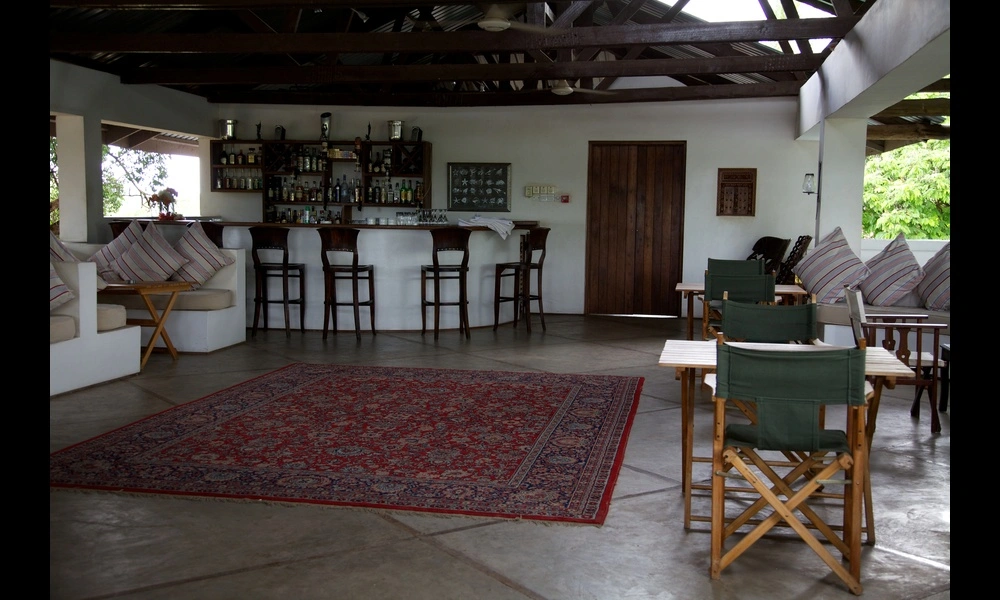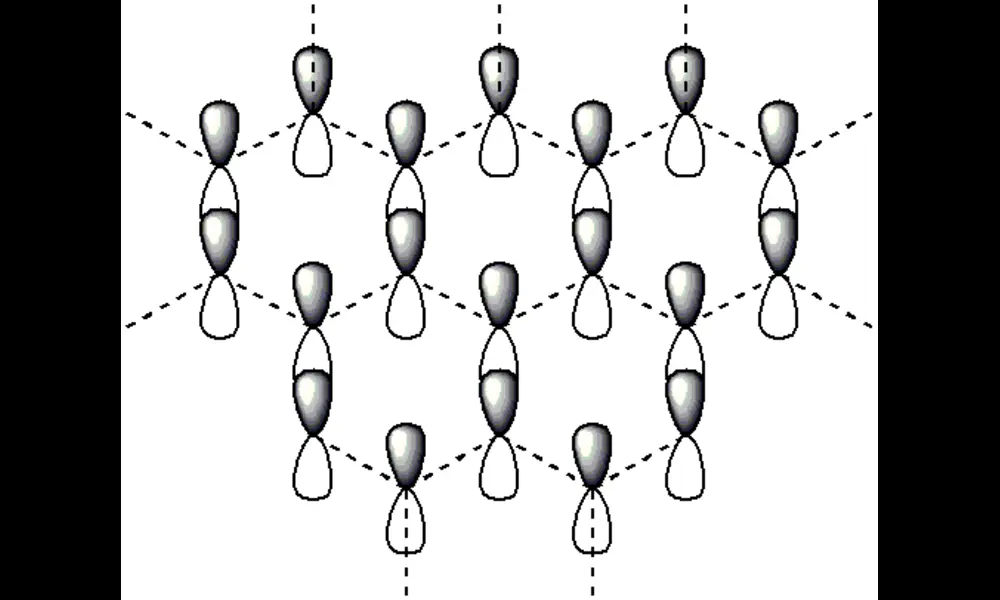Alcohol in Tanzania: Study Unveils Social Bonds, Health Risks, and Gendered Stigma
Published on Wed Sep 13 2023 Open air bar and restaurant | David Brossard on Flickr
Open air bar and restaurant | David Brossard on FlickrIn the shadows of Mount Kilimanjaro, a new study delves into the complexities of alcohol use in Northern Tanzania, offering a nuanced view that goes beyond typical health warnings. A mixed-methods analysis conducted by a team of researchers from Duke University and Tanzanian medical institutions provides insights into how alcohol affects individuals, families, and communities, with findings that are both alarming and enlightening. This study, still awaiting peer review, covers uncharted territory in understanding the tapestry of alcohol's role in social and cultural practices, its impact on health and economy, and the stigmatization that often accompanies its use, particularly for women.
With startling revelations, the study found that men using the emergency department (ED) at the Kilimanjaro Christian Medical Center (KCMC) reported the highest levels of perceived consequences from alcohol use. Yet, it is women who bear a disproportionate burden of the stigma associated with drinking. Alcohol's tentacles reach into communal roots as well, where it is seen as fostering social connections and upholding age-old traditions—positive aspects that stand in marked contrast to the physical harm and financial instability it can wreak.
The research team engaged with 678 adult patients, enrolling them through rigorous sampling techniques to represent a diversity of experiences with alcohol. The study employed both surveys, using the Drinkers’ Inventory of Consequences (DrInC) scores, and in-depth interviews to offer a holistic perspective on the benefits and harms as perceived by the community. What emerges is a landscape where alcohol is deeply integrated into the cultural fabric, offering a sense of unity and social bonding, and yet is rife with tension, often sparking interpersonal conflict and insidiously undermining health and finances.
The echoes of this research carry implications far beyond Northern Tanzania. They usher in essential questions about the true cost of alcohol in communities worldwide, and challenge us to think more deeply about the forces that shape our understanding of alcohol's place in society. While tangible benefits such as increased government revenues from taxation or unity at community events are noted, these are juxtaposed with the individual-level adversities including the tangible harms of stigma, financial strain, and health issues.
To address alcohol use effectively, the authors underscore the importance of understanding and integrating the distinct and context-specific social, cultural, and economic elements into future alcohol-focused research, policy efforts, and reduction interventions. The study's findings point to the potential effectiveness of tailoring interventions to the unique cultural and social landscape to reduce alcohol-related harm in local settings and beyond.



